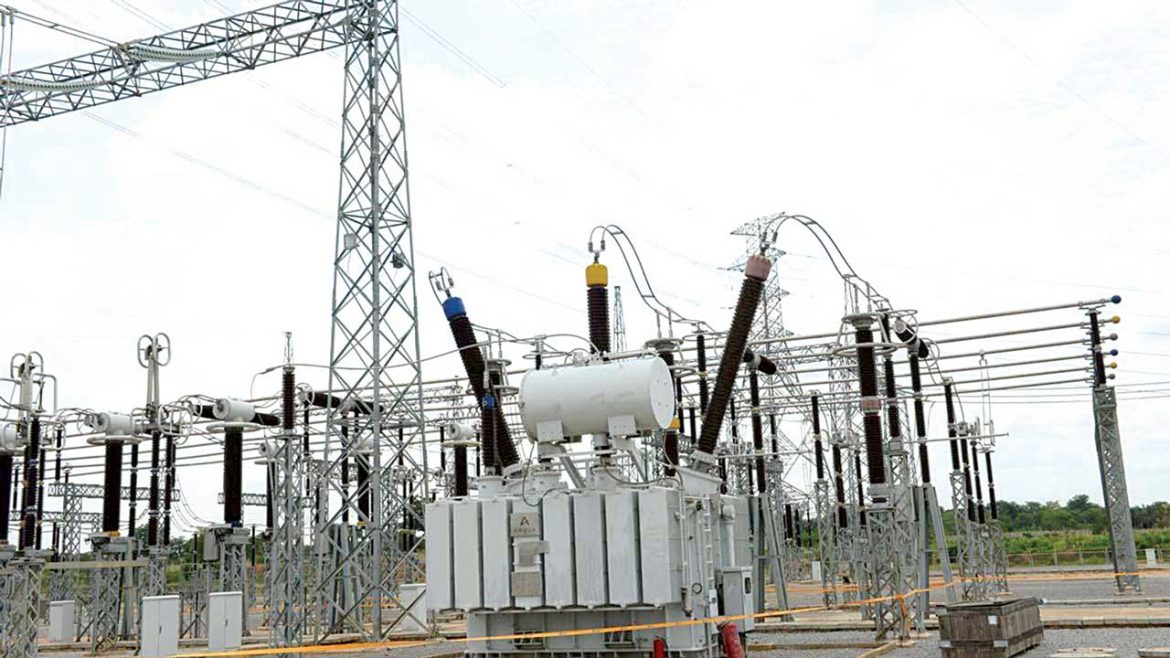Oil companies in Nigeria have taken a modular strategy to meet their infrastructure finance needs in light of the current lack of foreign investment and the urgent need to exploit the potential of gas resources to maintain energy security.
Recall that the federal government has stated that Nigeria needs to invest roughly $20 billion per year to close the country’s gas infrastructure gap in the next ten years.
However, the worldwide push for energy transformation has made foreign investment in this industry limited.
In light of the energy shift, Nigerian businesses are dividing their financial requirements into smaller portions to enable them to carry out their projects, according to the Society of Petroleum Engineers (SPE), Nigeria Council.
Read Also: cleaner-energy-nigeria-must-prioritize-non-oil-sources-for-survival-nepc-boss
Chairman, SPE, Nigeria Council, Mr Felix Obike who spoke on this on the sideline of the 2023 Series and Energy Forum (OLEF) in Abuja, on Thursday, said foreign aid has been difficult to access because of net zero targets on carbon emissions.
“The funding is what we can break into modules. If I need $1m to produce a small gas Compressor Station that will give me 1, 000 megawatts of power and I can get that amount in-house, within the company, why should I go out to look for that money? So if every company decides to do that within their financial capacity at the end of the day we can get that done and export for now.
“On a serious note it is very tough to get financial aid not having driven to that net zero targets but with increased improvement in ESG going forward things will change, he said.
Obike underscored the need to deepen programmes and projects on gas utilization and policy implementation in the realization of net zero carbon emission.
Story adapted from Leadership
